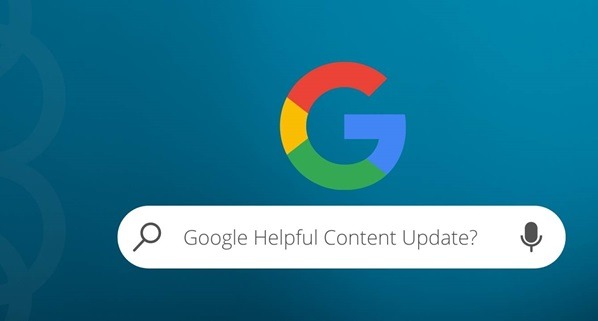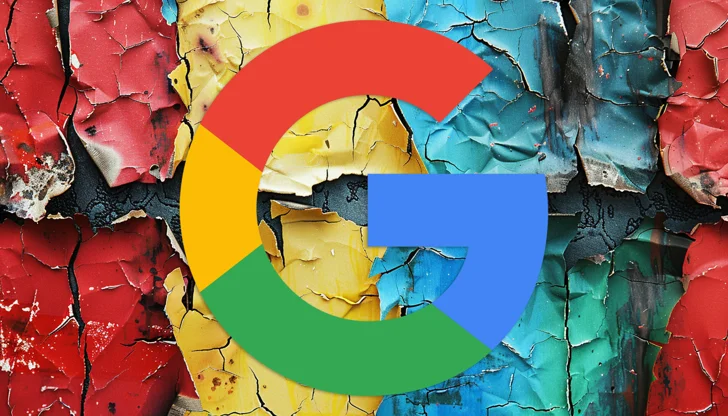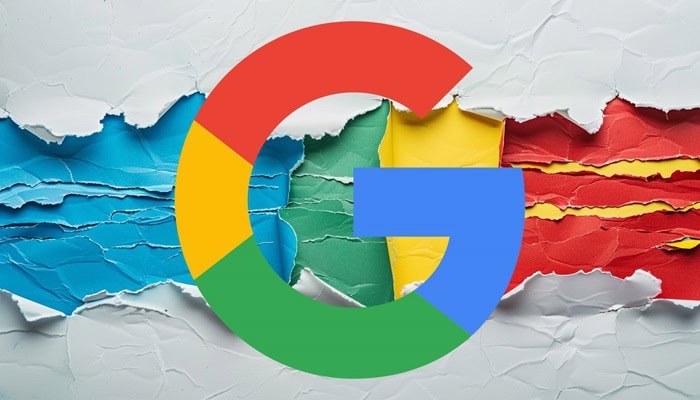Recently, Google SearchLiaison answered a question on the steps one would take towards troubleshooting a drop in search rankings after the rollout of the Helpful Content Update. He explained how one should approach the problem critically by taking into consideration whether an issue actually exists and, if so, how to fix it.
One frustrated user on X wondered why the guidance was wrong from SEO professionals when it seemed like people thought the Helpful Content issue impacted all of a website when, in fact, it makes it very hard to find the exact pages that it is supposed to hit.

Lee Funke (@FitFoodieFinds) posted the following tweet:
“I keep getting advice from SEOs to “look at the pages with the biggest drops” and figure out why they dropped. If we were hit by HCU then the sitewide signal has made ALL pages drop, making it difficult to analyze helpful vs. unhelpful. Any advice?”
SearchLiaison Responds to Inquiry About HCU
In his initial response, SearchLiaison tackled the misconception surrounding the Helpful Content ranking system, clarifying its nature as a singular signal.
You can also read: A Guidance from Google on Ranking
His tweet read:
“We had this in our Search Central blog post, but it’s probably worth highlighting that the helpful content system of old is much different now:
https://developers.google.com/search/blog/2024/03/core-update-spam-policies“Just as we use multiple systems to identify reliable information, we have enhanced our core ranking systems to show more helpful results using a variety of innovative signals and approaches. There’s no longer one signal or system used to do this, and we’ve also added a new FAQ page to help explain this change.”
Following that, he clarified that the Helpful Content System (often abbreviated as HCU) does not operate on a site-wide basis; instead, its impact is felt at the individual webpage level.
He further added:
“For further clarification, the FAQ page is available here, elucidating that it extends beyond site-wide implications:
https://developers.google.com/search/help/helpful-content-faq”“Our core ranking systems are primarily designed to work on the page level, using a variety of signals and systems to understand the helpfulness of individual pages. We do have some site-wide signals that are also considered.”
He further added that a fall in ranking might not always imply that something is wrong, which needs to be corrected right away. Indeed, this is true. A general mistake web publishers and SEO professionals make is assuming that there is something wrong, which needs correction, instead of the chances of relevance being the actual cause.
Although the dropped rankings of a site for relevance recover at times, in extreme cases, the previous rankings may become irretrievable. Knowledgeable experts know when the difference calls for what course of action.
You can also read: Google’s Advice for Boosting Your Business Reputation and Trust
SearchLiaison’s tweet stated:
“So then to the all pages dropping questions. Pages could drop in ranking for a variety of reasons, including that we’re showing other content that just seems more relevant higher. Sort of what I was talking about here:
https://twitter.com/searchliaison/status/1768681292181434513”
The tweet he mentioned advised waiting until the update completed its rollout before implementing any fixing. Additionally, he underscored that rankings might fluctuate organically, independent of changes, and emphasized that user behavior trends can influence website traffic, not only ranking changes.
Evaluate Pages with Decreased Rankings
Revisiting the response to Lee Funke (@FitFoodieFinds), SearchLiaison recommended focusing on pages experiencing decreased traffic and conducting thorough self-assessments using the Helpful Content FAQ documentation and the HCU Self-Assessment page as reference points.
His tweet read:
“If it’s more than just moving down a bit, then I’d look to some of the pages that I’d previously gotten a lot of visits to and self-assess if you think they’re helpful to your visitors (the FAQ page covers this). If you do, carry on.”
The individual who started the discussion raised additional inquiries and expressed concerns. They conveyed a sense of ambiguity regarding the HCU FAQ, noting that while it indicates Helpful Content signals operate at a page level, it also hints at the existence of site-wide factors capable of impacting the entire website.
You can also read: Google’s Advice Regarding 404 Errors in Search Console
Here’s the tweet from the individual who initiated the conversation:
“Also the FAQ about HCU sounds a bit contradictory. It says that the systems work primarily on a page level but then unhelpful/thin content can weigh down the success of other pages which feels site wide. I’m just trying to understand what these massive drops resulted from!”
While the FAQ doesn’t specifically mention thin content, it does discuss how unhelpful content can impact other pages in a manner that extends beyond the individual page level.
Here’s the excerpt from the FAQ:
“Our systems work primarily at the page level to show the most helpful content we can, even if that content is on sites also hosting unhelpful content.
This said, having relatively high amounts of unhelpful content might cause other content on the site to perform less well in Search, to a varying degree. Removing unhelpful content might contribute to your other pages performing better.”
That seems somewhat ambiguous and contradictory. Is Google suggesting that if a website primarily contains unhelpful content, it could overshadow the value of a few helpful pages?
Could Google be implying that a website overwhelmed by a majority of unhelpful content would struggle to attract links or user engagement, as users might struggle to locate genuinely valuable content?
It’s reasonable to suggest that Google’s documentation could benefit from additional clarity.
Would you like to read more about “Google’s Advice For Websites Affected By Helpful Content Update” related articles? If so, we invite you to take a look at our other tech topics before you leave!
Use our Internet marketing service to help you rank on the first page of SERP.










